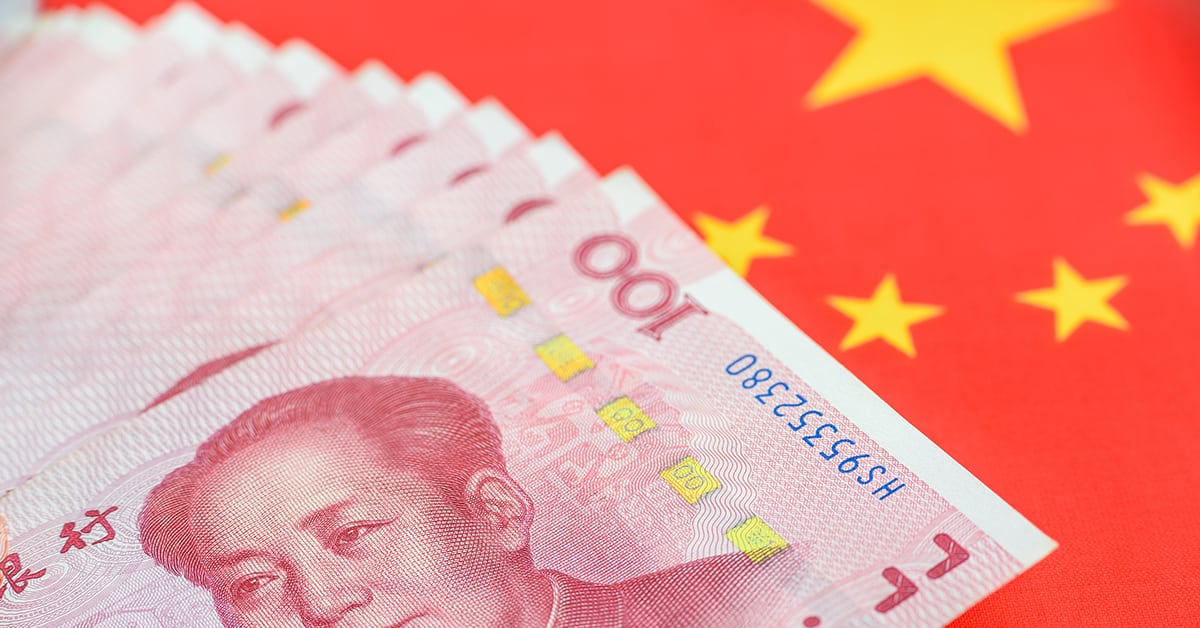With interest rates rising in the West, China hopes its falling interest rates will attract multinationals to its domestic bond market.

China is making multinational corporations an offer many might not want to refuse: borrowing money at half the going global rates.
Beijing, obscured by more consequential reforms on Covid-19 control and property, recently reformed the regulation of its onshore “panda bond” market. (“Panda bonds” are renminbi-denominated bonds by foreign issuers sold in mainland China as opposed to “dim sum” bonds, which trade in Hong Kong.)
The most important change was allowing foreign issuers to use the funds they raise in renminbi outside China—so-called repatriation. In other words, China will improve the fund management rules for panda bonds in its latest step to progress the two-way opening of its financial market.
Deutsche Bank was the first to walk through this open door, placing RMB 1 billion ($147 million) on January 18. They won’t be the last, predicts Warut Promboon, managing partner at Hong Kong-based research service Bondcritic.
“I’ve been waiting for this step forward for a long time,” Promboon says.
The advantage of panda bonds in today’s market is not hard to see. While the US and Eurozone have been raising interest rates to combat inflation, China has been easing to pull itself out of a growth slump. The result: Deutsche placed three-year paper in the panda market at a 3.1% coupon, according to the Financial Times.
Yields on equivalent bonds in Frankfurt are more than 6%. That doesn’t make panda bonds a no-brainer for multinationals. CFOs and treasurers will be cautious about taking on RMB debt not matched by Chinese earnings.
The renminbi has rebounded from historic lows since October, but is still down 6% against the dollar over the past year. Further appreciation could raise the cost of repaying local bonds.
Devils are sure to persist in the regulatory details, too. Panda bond issuers need a credit rating from a Chinese agency. S&P Global was approved to provide this service in 2019. It still means jumping through arduous auditing hoops.
A panda bond opening also clashes with Beijing’s determination to retain capital controls, which are strictly enforced on domestic companies and individuals. The solution will be a case-by-case approach limiting issuers to “household names that have a good relationship with China,” Promboon says.
Deal flow is easy enough to control informally, as bond underwriting and buying are both dominated by state-owned institutions, he adds.
Deutsche’s bond was co-underwritten by the Big Four state banks: Agricultural Bank of China, Bank of China, China Construction Bank and Industrial and Commercial Bank of China.
Singapore-based DBS also joined the consortium.
The next big panda market splash could come from Egypt, which—before its latest financial turmoil—flagged a $500 million issue guaranteed by various development banks. Corporate borrowers are waiting and seeing for now. At the rates on offer, more are sure to jump in.



